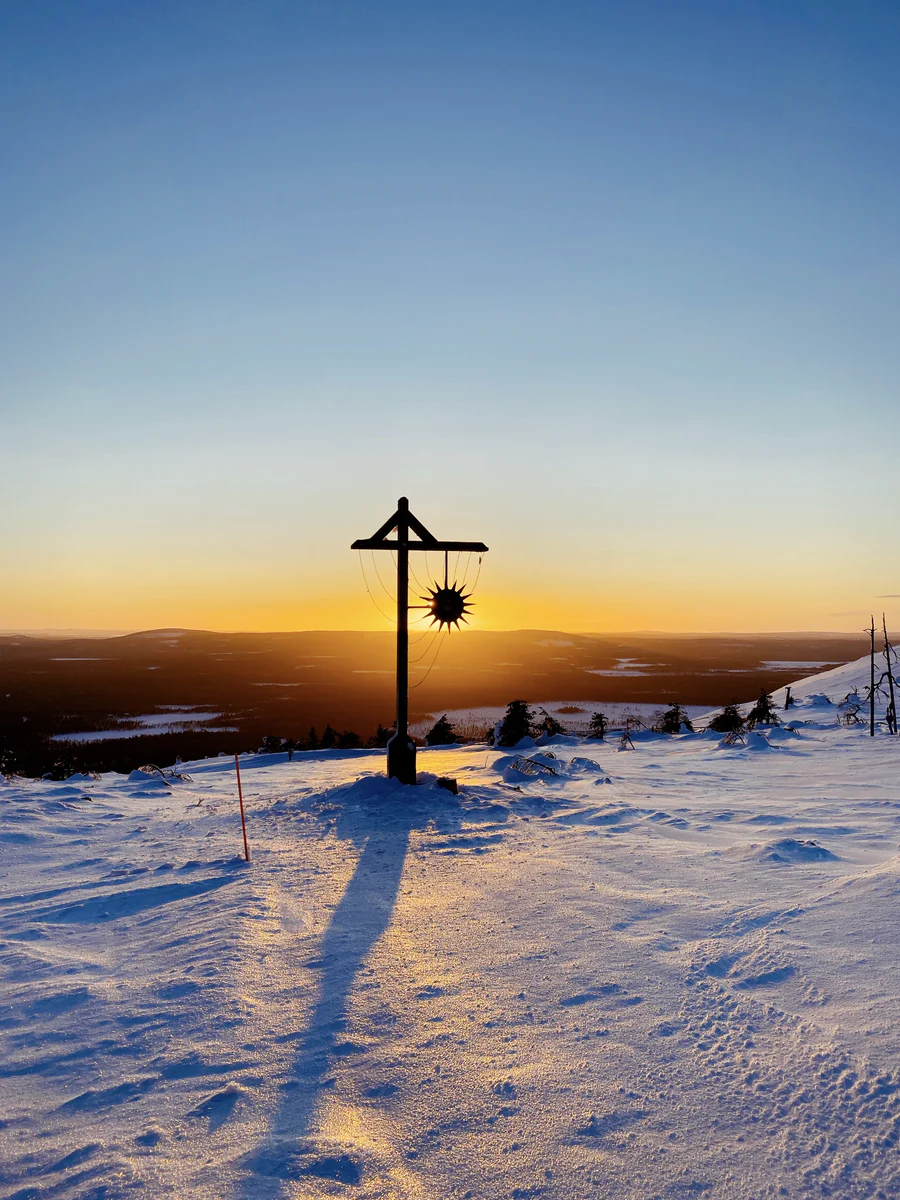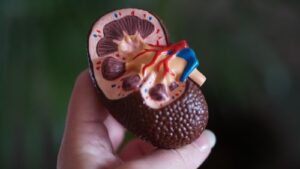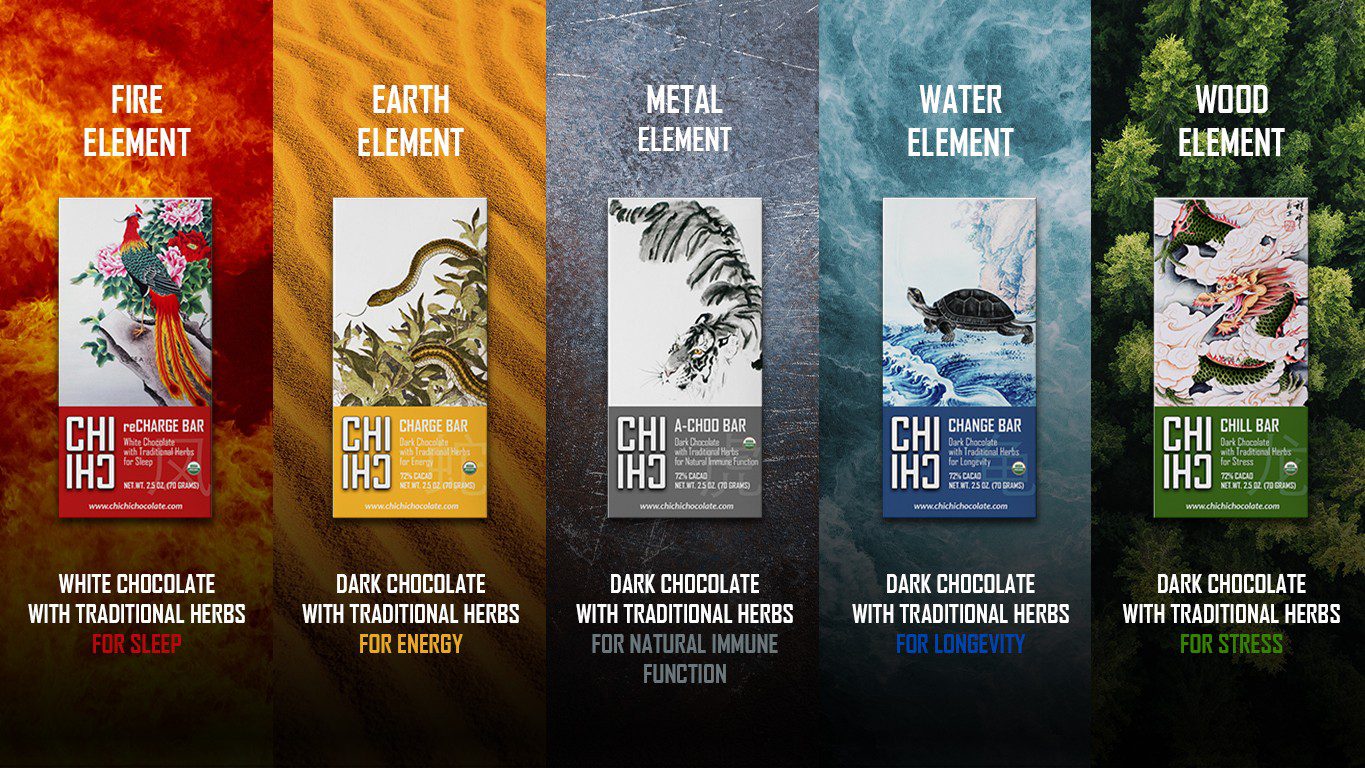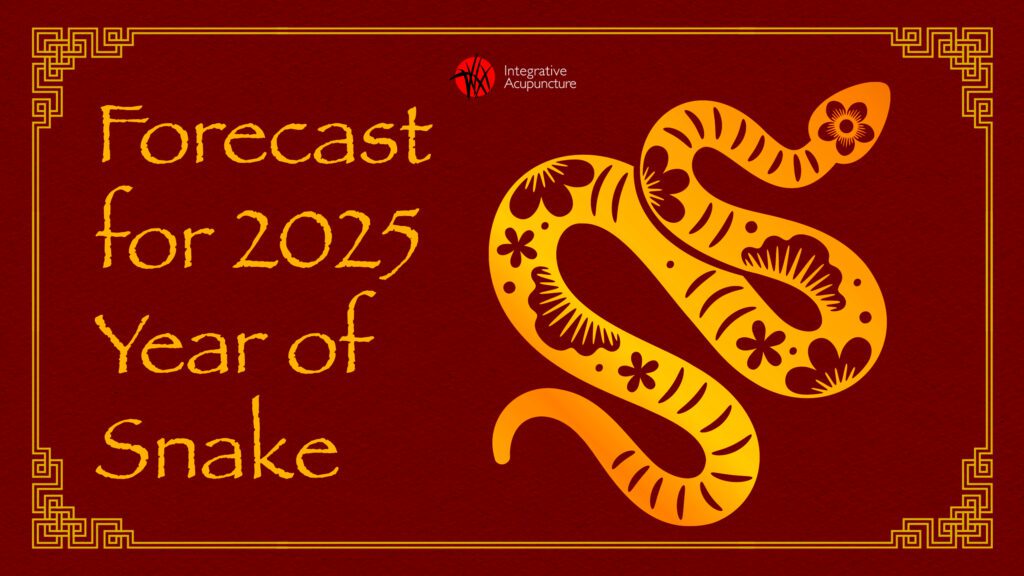Yin meets Yang during Winter Solstice
The winter solstice this year, 2022, falls on a Wednesday 4:47PM Eastern time on December 21st.
This is a magical moment in terms of Chinese Medicine’s view of seasonal rhythms. It is the exact time when yin, the dark aspect of the yin-yang (tai ji) symbol, reaches its peak, and the spark of yang is born again. It’s a time when we honor the darkness while celebrating the coming of the light.
The word solstice means ‘sun stand still’, marking the time when the sun reaches either its highest or lowest point in the sky (depending on the hemisphere) and, to ancient astronomers, appeared to stand still. To those of us in the Northern hemisphere, December 21st will be the shortest day of the year and the longest night.
Many cultures have historically celebrated this time. (The ancient pagan yule season was a solstice ritual that helped to inspire Christmas traditions.) In China, there is Dongzhi Festival (冬至) dating back to 200 BC. It celebrates “winter’s arrival”. Families gather to enjoy nourishing foods that support and stimulate the yang energy in the body.
Chinese people celebrate Dongzhi Festival in many ways. The most popular ones are worshipping heaven and ancestors, saying the Nines of Winter, making rice wine, and eating dumplings and ginger rice.
Counting the Nines of Winter (Shu Jiu)
(from China Highlights)
In many areas of northern China, people count the Nines of Winter during the coldest part of winter. The Nines of Winter is a folk song. In Chinese traditional culture, nine is the ‘extreme number’, representing eternity. Chinese people believed that spring will come after nine periods of nine days starting from the Winter Solstice.
The Nines of Winter song goes like this:
‘During the first and second nine days, it’s too cold to put your hands in the air;
During the third and fourth nine days, you can walk on ice;
During the fifth and sixth nine days, willows on the banks start to sprout;
During the seventh nine days ice will dissolve;
During the eighth nine days, wild geese fly back north;
During the last nine days, farmers’ oxen start to work in the fields.
The song charts the changes in the weather and natural world that come before the time for farming to begin again.
Winter is the Season of the Kidneys
The kidneys are our source of ‘prenatal qi’ which we inherit from our parents. This prenatal qi corresponds with our genetics and is therefore a vital connection to our ancestors. An integral part of the Dongzhi celebration is remembering and honoring our ancestors.
Kidneys are also considered the source of all our energy, the storage for our essence, our constitutional strength. Careful conservation of this energy helps to ensure health and longevity. Getting adequate sleep is critical to keeping the kidneys healthy and balanced. While we sleep we give our bodies time to detox, repair, and replenish. It is basically a time to recharge our batteries. And in order to prevent burnout, we must also adjust our sleep patterns to fit the season.
When we are in the season of extreme yin, exemplified by short days and long nights, nature is reminding us to follow suit with our daily sleeping and waking rhythms. Night time in winter is longer and when we align with the seasonal energy we naturally get to bed earlier and wake later and use that extra yin time for rest which is what winter is all about. Ironically, our current western traditions around the solstice have evolved to become a very hectic time so it’s important to check in with yourself, set boundaries, and make sure to get the downtime that seasonal change is encouraging.
Winter Solstice on December 21st marks the beginning of winter and is the moment of extreme yin, but it also marks earth’s movement towards increasing light.
From this day forth there will be more daylight each day. The yang within yin is also the life under the frosted ground, the seeds that prepare themselves to burst forth in spring. Seeds represent the potential for manifestation, so this is also a time to look inward to find our potential, overcome fears, and recognize the opportunity for hope and renewal. The ancient Taoists honored the mysterious blending of yin and yang at the exact moment of the solstice as a transitional moment of perfect harmony and reconciliation. They saw this as an opening, a chance for new ideas and creative energy, a time for conception.
While caught up in the rush of the holidays, take time to consider the shifting seasonal energies. Take inspiration from the Chinese Dongzhi festival and eat yang nourishing foods (soups and stews, bone broths, shrimp, walnuts, black beans and kidney beans, and warming spices like cinnamon and ginger). Remember and honor your ancestors, sleep like a bear, and create your own rituals to birth ideas. Remember your potential and generate hopeful visions for the future.
Schedule your next acupuncture session around the solstice to assist your own magical transition. Acupuncture can help fortify your kidneys, and support the seasonal surge of yin while you nurture your seeds of yang! Call us now, or book online today!









